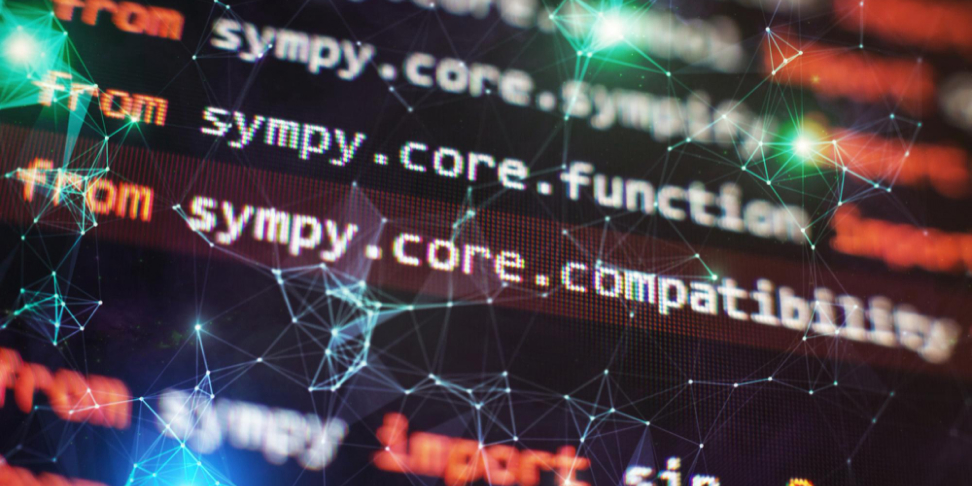
Article by: 17.10.2022
Python Developer: where to start?
Python is a very well-known language. It’s incredibly beginner-friendly and has a multitude of various applications. Among those, there are some popular fields where Python especially shines.
Web Development - website and web app creation.
Machine Learning - writing “artificial intelligence” algorithms. This means algorithms that learn decision-making on their own - hence “Machine Learning”.
Data Science - collecting and processing various types of data. Data visualization, creating interactive graphs, charts etc. can also fall under this category.
These aren’t the only ways to use Python of course, the language has a very important role in other areas too. We chose to focus on these specific few, because they’re the most popular.
First, what do you need to know?
Every career starts with the position of Junior Developer. As a Junior, you have to know your basics and be able to complete some simple tasks on your own. What are those basics then?
- Python Fundamentals: data types, functions, loops etc.
- Key data structures knowledge: lists, dictionaries, tuples.
- Familiarity with OOP - Object-Oriented Programming.
- Lorem ipsum dolor sit amet.
- Ability to work with built-in Python modules.
Anything beyond that - depends where you want to go. Python is present in many areas and each has its own expectations.
If you’re interested in Web Development, you could use some database and SQL knowledge. Web applications are often created with frameworks - tools that make working on your app faster. Get to know them, some popular ones are Django and Flask. At times knowing some typically front-end technologies could come in handy - HTML, CSS and JavaScript.
In Data Science certain libraries are essential, like NumPy, used for scientific computing. For Machine Learning the TensorFlow library would be an important and useful tool . It’s best if you look up the job listing you’re interested in and check what they are looking for in an employee.
There are certain universal skills that should prove useful no matter the specialization. A big portion of programmers will be using Git at their job - a software for version control. The basic ability to read documentation in English could be extremely helpful too, as it is the standard language in IT.
Key basics
No matter the direction you want to take - always start with mastering Python’s basics. It is a key fundamental that your future career is going to lie upon. If you know these fundamentals and understand them well, learning new tools or libraries necessary for every day work should pose no issue for you.
Practice is everything
It sounds straightforward, but it’s true. Simply knowing the theory won't get you anywhere if you’re not able to put your knowledge into practice. Programming is a very practical field after all, and so tangible results are expected.
So from the very beginning try to put your skills and knowledge into practical Python projects. You can start out easy: a to-do list app, an app that randomizes a word out of the few given, no complications. Whatever you learn - try to use it in practice. Even if you fail at first, you can always come back to a project later, when you get to know Python better, and see how far you've come.
A portfolio with such simple programs you wrote yourself can show that you have practical abilities. It could even be the thing that gets you the dream job.
Prospects
As mentioned at the beginning, Python is a very widely-used language. In some fields - Data Science, Machine Learning - the language is the very key component. That on its own gives Python programmers a lot of promise. After all, who wouldn’t like a chance to work in some of the most prospective areas of the industry?
Summary: a helpful list of what to know
If you want to get started on your Python Developer career and do it seriously, here is how to do it best.
1. Python from scratch: main elements of the language, functions, data types etc.
2. Data structures: lists, tuples, dictionaries.
3. Some elements of Object-Oriented Programming: classes, methods, inheritance etc.
4. Most important built-in modules.
With each step try to practice what you’ve learned. Write simple programs utilizing your new skills. All of the things above you can learn from the very beginning in the Python Developer career path.There you will gain theoretical knowledge, as well as practice it in exercises.
Your next move should be to choose a specialization - Python has a very broad range of usages and applications, so think about what area you want to focus on. Then, get to know the specificities of your pick and learn the most important tools and libraries
Once again we want to emphasize two things: a solid grasp on the basics and regular practice. These are the key secrets to get started on your Python Developer career.


















